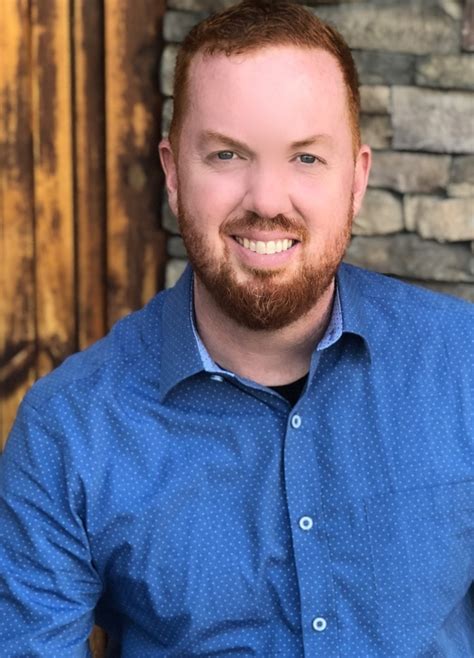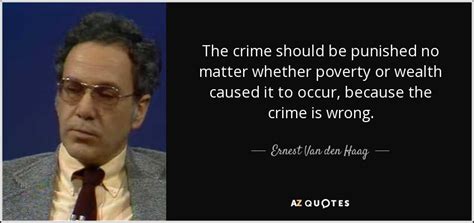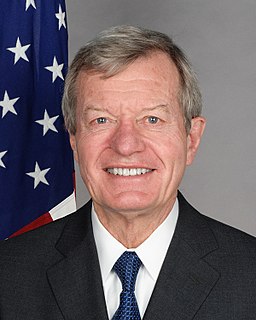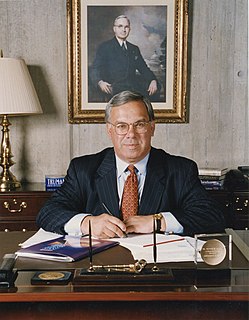A Quote by Kamala Harris
To be smart on crime, we should not be in a position of constantly reacting to crime after it happens. We should be looking at preventing crime before it happens.
Related Quotes
The best crime stories are always about the crime and its consequences - you know, 'Crime And Punishment' is the classic. Where you have the crime, and its consequences are the story, but considering the crime and the consequences makes you think about the society in which the crime takes place, if you see what I mean.
Once I got interested in organized crime, and, specifically, Jewish organized crime, I got very interested in it. I have learned that, like my narrator Hannah, I'm a crime writer in my own peculiar way. Crime with a capital "C" is the subject that I'm stuck with - even Sway is about "crime" in a certain way. The nice thing about crime is that it enables you to deal with some big questioO
Good policymaking is evidence-based, and preventing crime and antisocial behaviour involves fixing the society we all live in, identifying risk factors and demographic characteristics that make some people more likely to become involved in certain crime, and then preventing those offences taking place as often as possible.
During the Great Depression, levels of crime actually dropped. During the 1920s, when life was free and easy, so was crime. During the 1930s, when the entire American economy fell into a government-owned alligator moat, crime was nearly non-existent. During the 1950s and 1960s, when the economy was excellent, crime rose again.


































